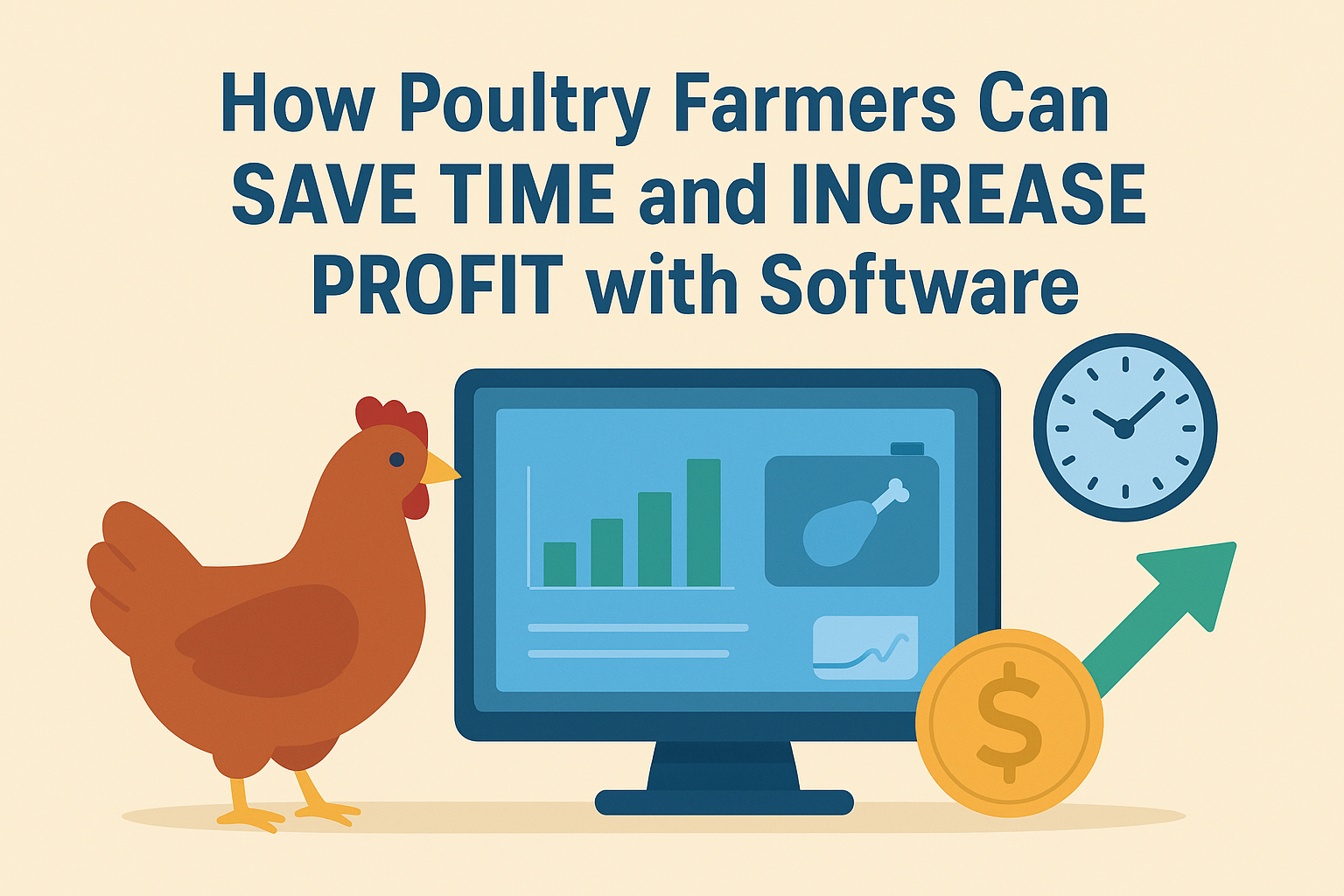Sustainable poultry farming combines birds with the farm and land in a way that enhances the health and well-being of the birds, the land, the farm, and the farmer through correct management.
What are the advantages of keeping pastured chickens?
Pastured hens provide several benefits to a sustainable farm, including egg and/or meat production, soil fertility enhancement, and weed and pest control. The following are some of the benefits of keeping chicken on pasture:
Fertility of farm soil and disease prevention have both improved. Poultry help manage crop pests by grazing on weeds and insects, and they improve soil fertility by working their manure into the soil. To control fly and parasite problems, birds can be cycled into grassland after other livestock (such as cattle). Farm profitability increased while capital investment was kept to a minimum. Pastured poultry business improves and diversifies the farm's income streams by requiring less in the way of housing, equipment, and maintenance.
What is the best way to raise pastured poultry?
The main aim in pastured poultry farming is to provide new pasture to the birds every day or every few days. As a result, a building and/or pasture design that moves easily and allows the chickens to graze and benefit from frequent fresh pasture is an important aspect of a pastured poultry farm (these designs are frequently referred to as "chicken tractors").
The phrase "chicken tractor" was coined by novelist and producer Andy Lee to designate any sort of mobile poultry housing that offers birds access to pasture or a garden area. This sort of housing allows the chickens to work the soil like a tractor (by scratching and pecking), removing weeds and insects while also providing natural fertiliser in the form of their dung. In order to rear a large number of birds for profit, several poultry producers have adapted this type of mobile housing/pasture model to their farming system.
How to Start a Successful Pastured Poultry Business
Step 1: Evaluate your objectives and resources.
Begin your poultry operation by evaluating your personal business goals (income, time availability, lifestyle, etc.) and making a list of your available business resources (your labour and that of your family or employees, cash, skills, existing structures and systems, waste products that can be used profitably, etc.).
Establishing a solid foundation upon which to construct your organisation and guide all of your business decisions begins with identifying your goals and assets from the beginning.
Step 2: Make a financial plan.
Make a list of everything you'll need for your pastured poultry business, including chicks or pullets, brooder equipment, feed, housing, pasture, fencing, feeders and waterers, processing equipment, product transportation, farm stand fees or rent, and personnel.
Assign a monetary value to each item; the overall monetary worth of that list will determine the amount of cash required to begin your business. This budget will assist you in defining the initial size and scope of your business in accordance with your objectives and resources. The budget will also assist you in determining how much profit you will need to make to support your family and your business. Locate inventive methods to barter or trade for products, find them used or for free, or manufacture them from fixtures already on your farm as you construct your budget. Each innovative solution will lower your startup expenses while increasing your profit.
Step 3: Select your breeds.
After you've decided on the goods you'll offer and the starting scale of your business, you'll need to select the best layer or broiler breed(s) for your needs. Many pastured poultry farmers choose the Cornish Cross as a meat bird because it grows rapidly and has a taste that buyers recognise. Crossbred birds generate more meat and eggs than purebred varieties. However, these newer varieties are also losing favourable features that have been "selected out" in favour of meat and egg production, like as foraging abilities, disease resistance, and adaptation to climate change. Every breed has its own distinct traits, and your choice of breed will be determined by your farm location and marketing strategy.
conclusion
One of the most significant benefits of producing poultry is that, once a management routine is established, time and labour needs may be adjusted as needed. Some poultry farmers begin with additional off-farm income and gradually expand into a full-time farming operation. Joel Salatin, for example, has mastered the art of profitably rearing chickens. Raising chickens on pasture, even for a portion of the year, may be profitable, according to Salatin. During a six-month season, Salatin raises 10,000 birds on 20 acres and earns Rs.1880927.
If you wish to farm chicken for a living, like Salatin, you would most likely need to grow thousands of broilers and layers. However, with a well-planned, environmentally sound business, a few hundred or a few thousand birds may increase your revenue and operational variety with a small investment of money and effort.





